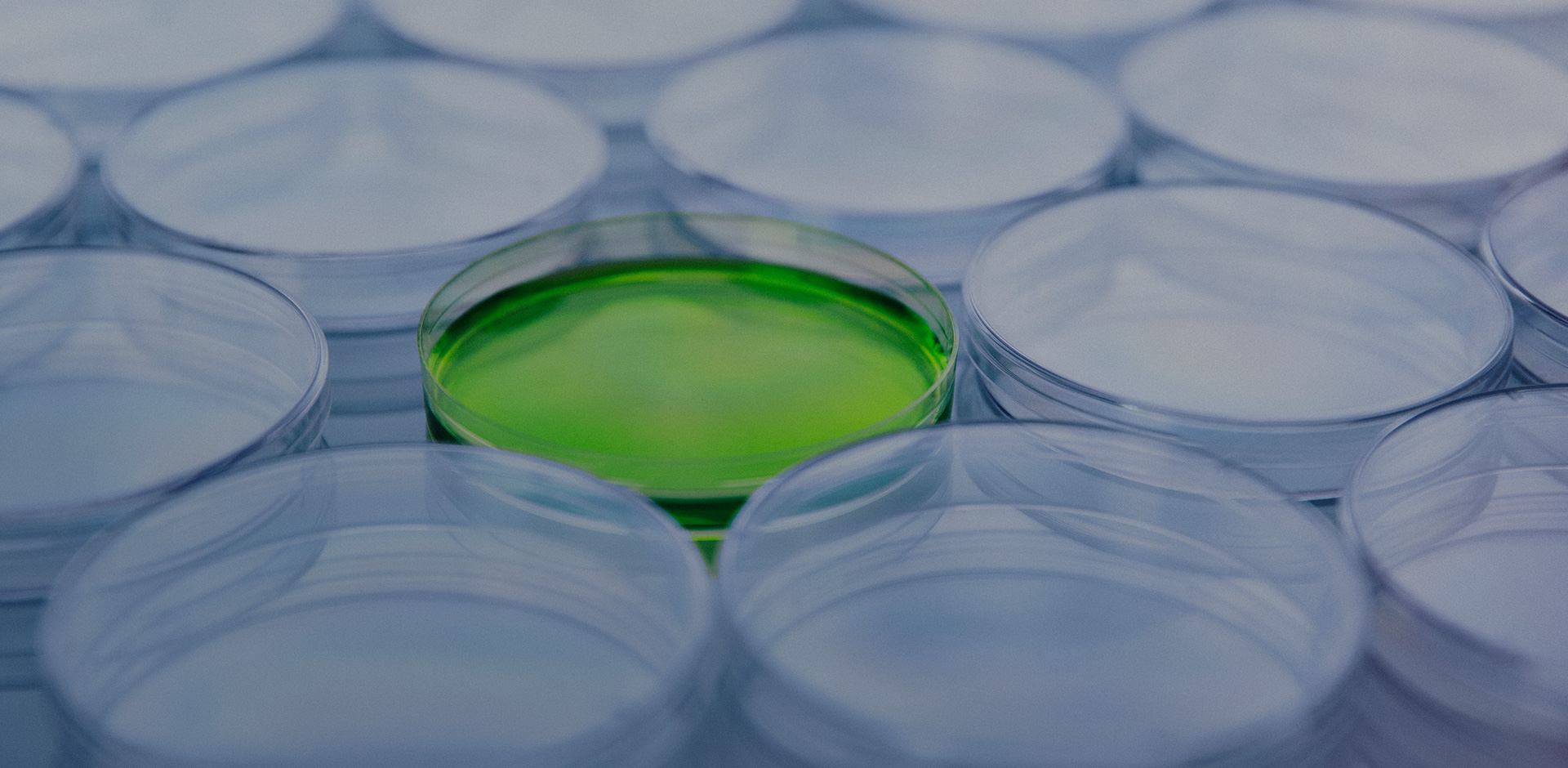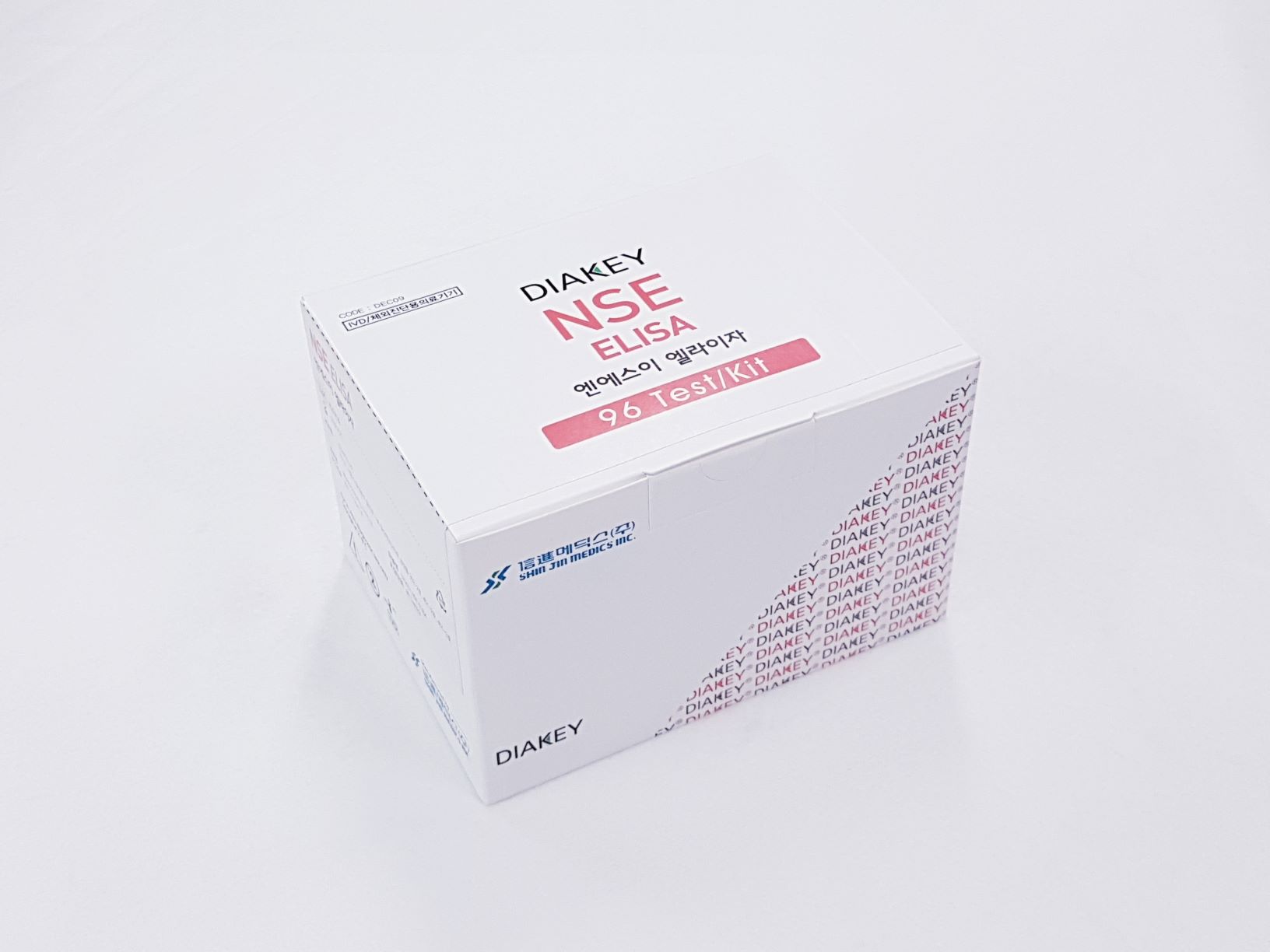DIAKEY NSE ELISA
Enzyme Immunoassay for quantitative determination of NSE Antigen in human serum or plasma
Summary
-
KFDA Registration No
14-3045
-
CAT No
DEC09
-
TEST METHOD
ELISA
-
SAMPLE VOLUME
50 ul
-
INCUBATION TIME
45'+10'RT
-
STD RANGE
0-200 ng/ml
Download File
Intended Use
Enzyme Immunoassay for quantitative determination of NSE Antigen in human serum or plasma
PRINCIPLE OF THE ASSAY
The present method is based upon two anti-NSE monoclonal antibodies recognizing two different epitopes of the molecule. One antibody is adsorbed to the solid phase (coated tube), the other - labeled with Enzyme is used as tracer. The sample to be tested is first incubated in the coated tube. Following this incubation and after an aspirating / washing cycle, the labeled antibody is added to each coated tube, where it is bound to the solid phase by means of the antigen in the standards and (if present) in samples. The amount of binding will be directly proportional to the antigen concentration. After tracer incubation, another washing / aspirating cycle will remove any liquid reagent residue.
Use Precaution
Be careful when handling all samples, reagents, or devices used in the test as they may be the source of infection.
All reagents, human body samples, etc. are handled at the designated location.
- Do not use mixed reagents from different lots.
- Do not use reagents beyond the expiration date.
- Use distilled water stored in clean container.
- Use an individual disposable tip for each sample and reagent, to prevent the possible cross-contamination among the samples.
- Rapidly dispense reagents during the assay, not to let wells dry out.
- Wear disposable globes while handling the kit reagents and wash hands thoroughly afterwards.
- Do not pipette by mouth.
- Do not smoke, eat or drink in areas where specimens or kit reagents are handle.
- Handle samples, reagents and loboratory equipments used for assy with extreme care, as they may potentially contain infectious agents.
- When samples or reagents happen to be spilt, wash carefully with a 1% sodium hypochlorite solution.
- Dispose of this cleaning liquid and also such used washing cloth or tissue paper with care, as they may also contain infectious agents.
- Avoid microbial contamination when the reagent vial be eventually opend or the contents be handled.
- Use only for IN VITRO.

